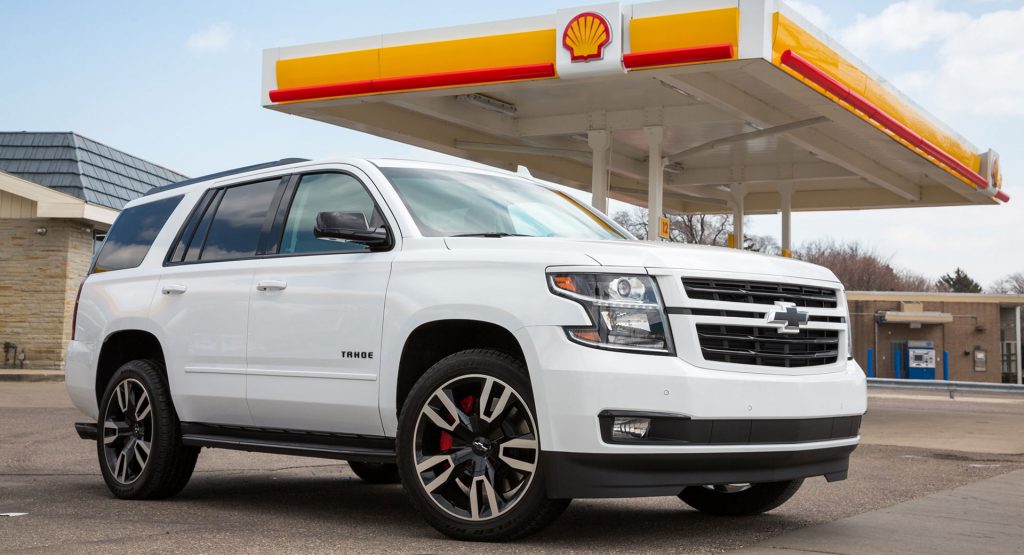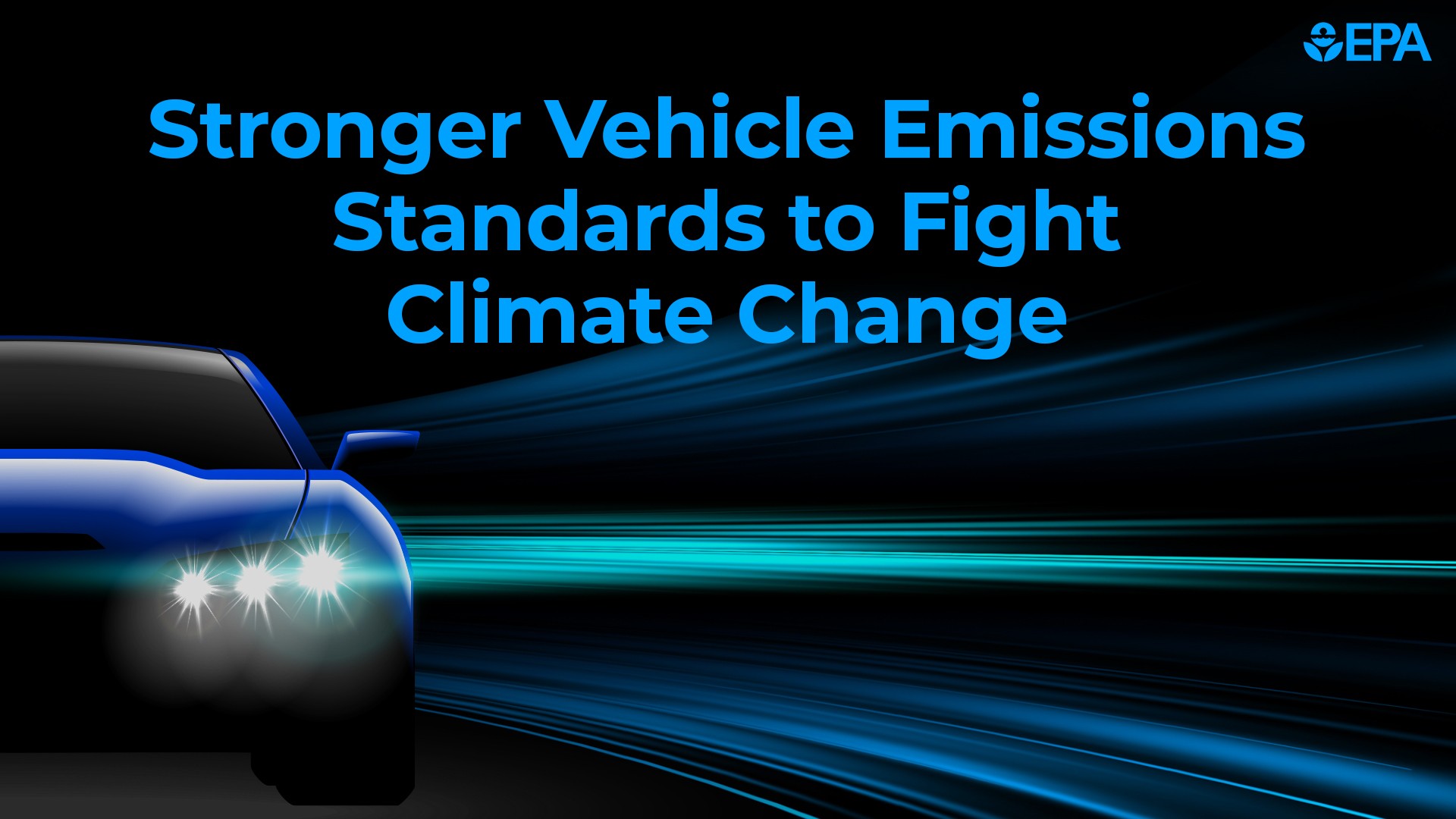The U.S. Environmental Protection Agency has announced they’re finalizing the “most ambitious federal greenhouse gas emissions standards for passenger cars and light trucks ever.”
Created for the 2023 to 2026 model years, the standards promise to “leverage advances in clean car technology to unlock $190 (£144 / €168) billion in net benefits to Americans, including reducing climate pollution, improving public health, and saving drivers money at the pump.”
According to Reuters, the new standards would require automakers to have a fleetwide average of around 40 mpg in 2026. That’s nearly 8 mpg more than the Trump administration wanted and is 2 mpg more than an August proposal.
Also Read: 21 U.S. States Urge EPA To Set Tougher Fuel Economy Standards
.@EPA is delivering on our commitment to @POTUS and to the American people by setting the strongest light duty vehicle emissions standards ever established.https://t.co/midDi34uEt pic.twitter.com/fYbTuc35sO
— Michael Regan, U.S. EPA (@EPAMichaelRegan) December 20, 2021
That’s a sizable jump, but the EPA contends the standards are “based on sound science and grounded in a rigorous assessment of current and future technologies.” While these technologies will undoubtedly cost consumers more money, the government claimed drivers will still be better off as they should see a savings of more than $1,000 (£757 / €886) over the lifetime of a 2026 model year vehicle. Of course, many consumers don’t keep the same vehicle for its entire lifetime so the actual benefit remains to be seen.
While the government acknowledges the “standards are ambitious,” they claimed automakers have enough lead time to meet the requirements at “reasonable costs.” The EPA also said their analysis shows manufacturers can comply with the final standards with “modest increases in the numbers of electric vehicles entering the fleet.” In particular, they said the “final standards can be met with sales of about 17 percent electric vehicles (EVs), and wider uptake of advanced gasoline engine and vehicle technologies available today.” The latter presumably includes more efficient engines as well as hybrid and plug-in hybrid technology.
Needless to say, 2023 is little more than a year away and the constant revising of fuel economy and emission standards hasn’t made the job any easier for automakers trying to plan their future product lineups. However, EPA Administrator Michael Regan said “We followed the science, we listened to stakeholders, and we are setting robust and rigorous standards that will aggressively reduce … pollution … and save families money at the same time.” He added, the agency is “paving the way toward an all-electric, zero-emissions transportation future.”





